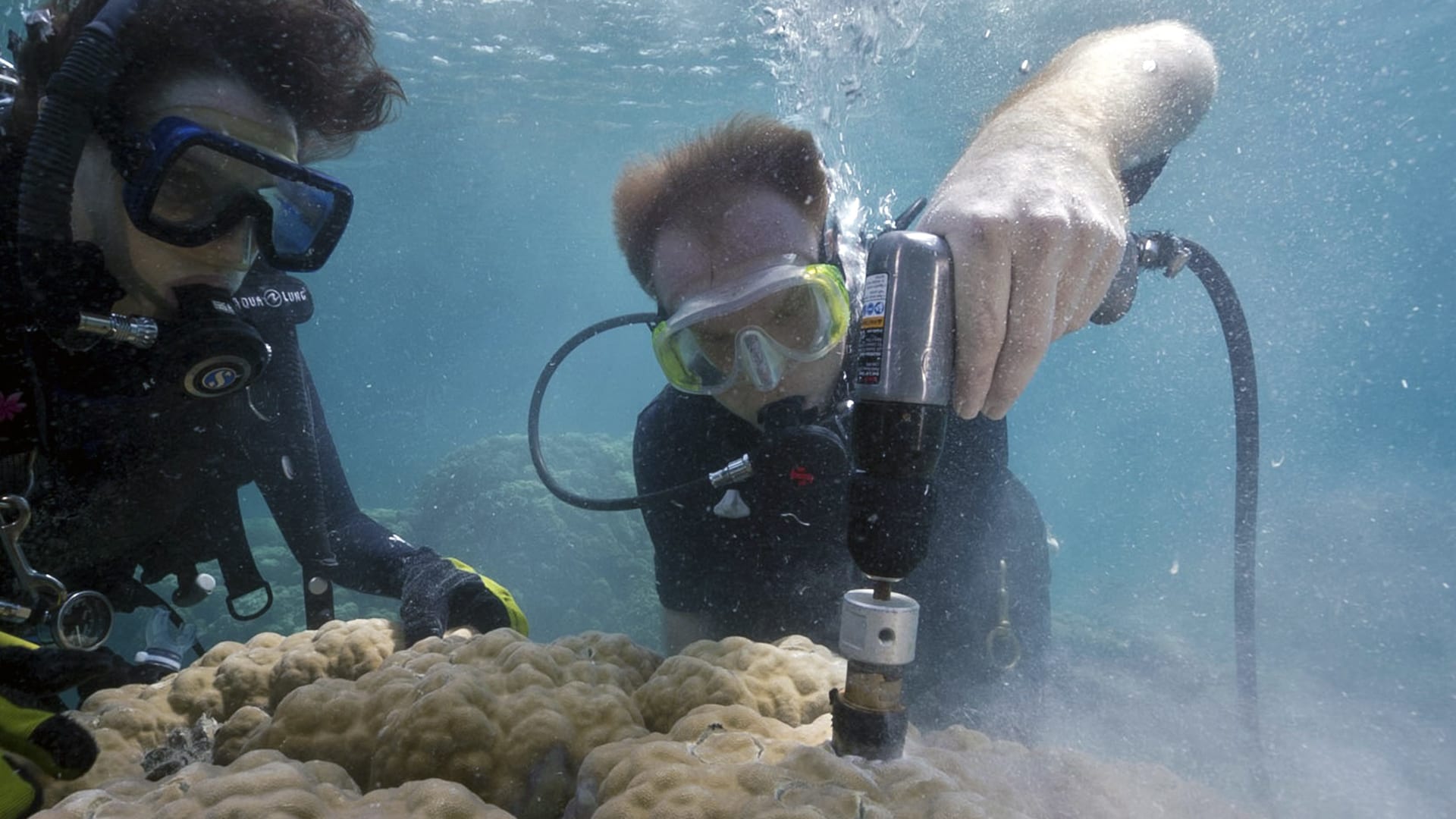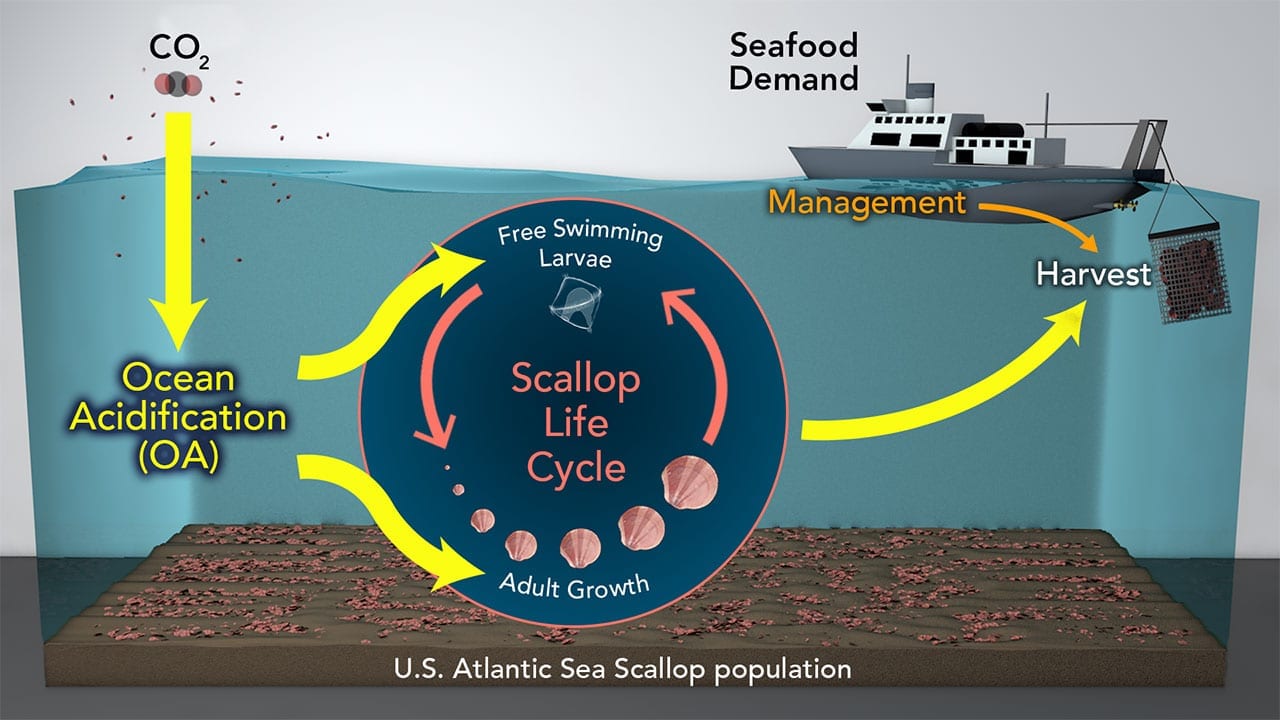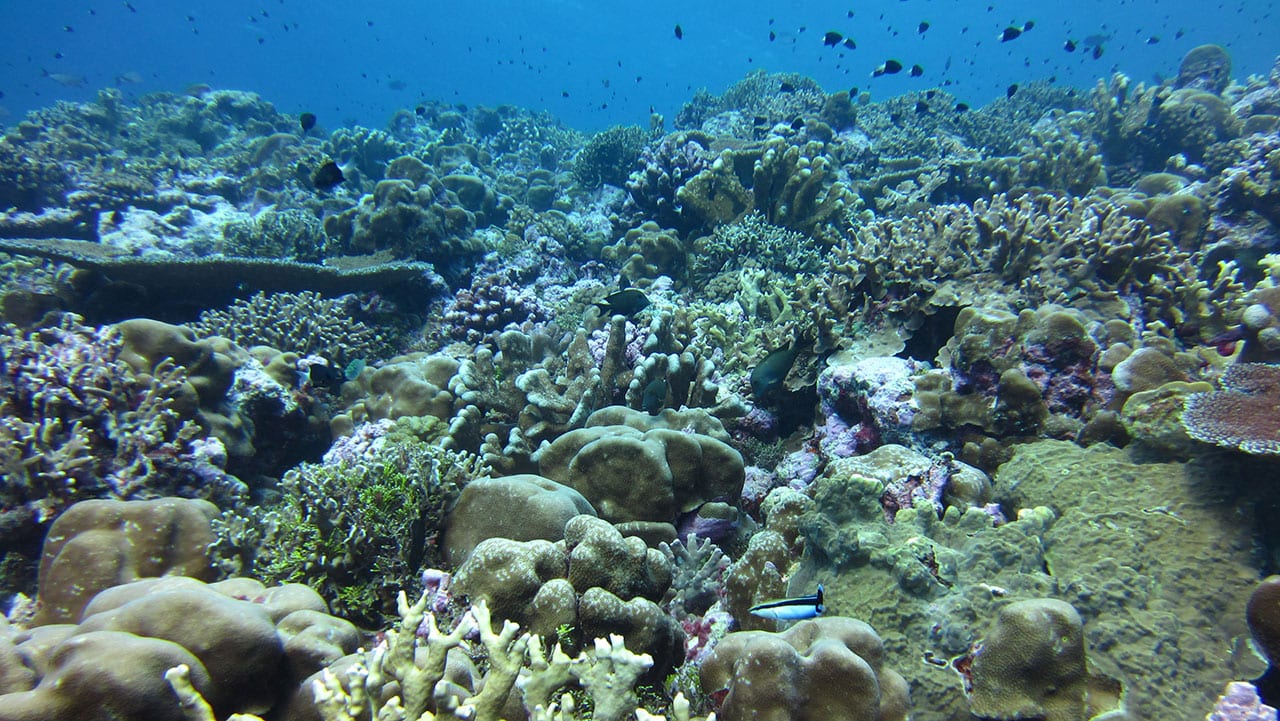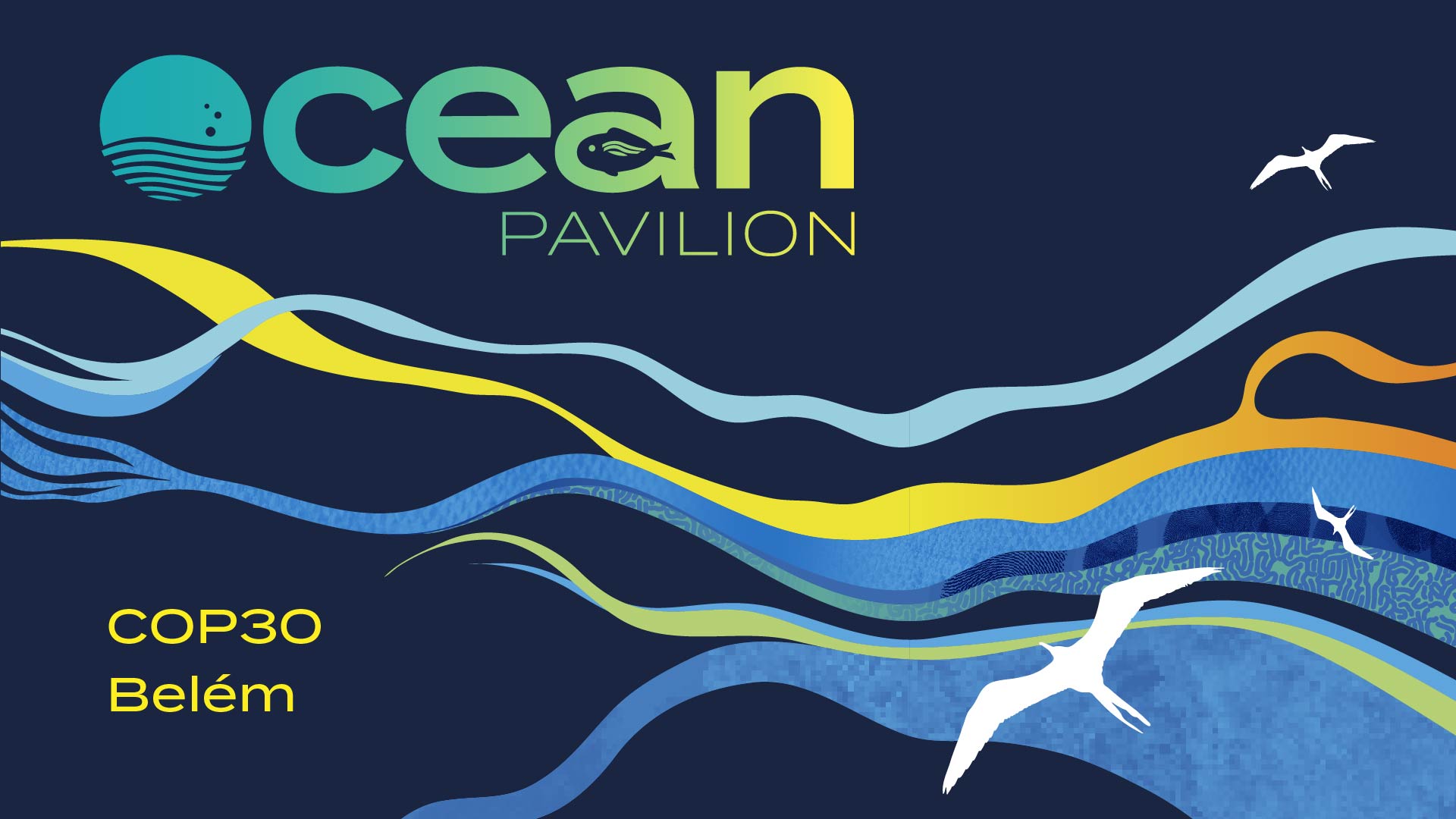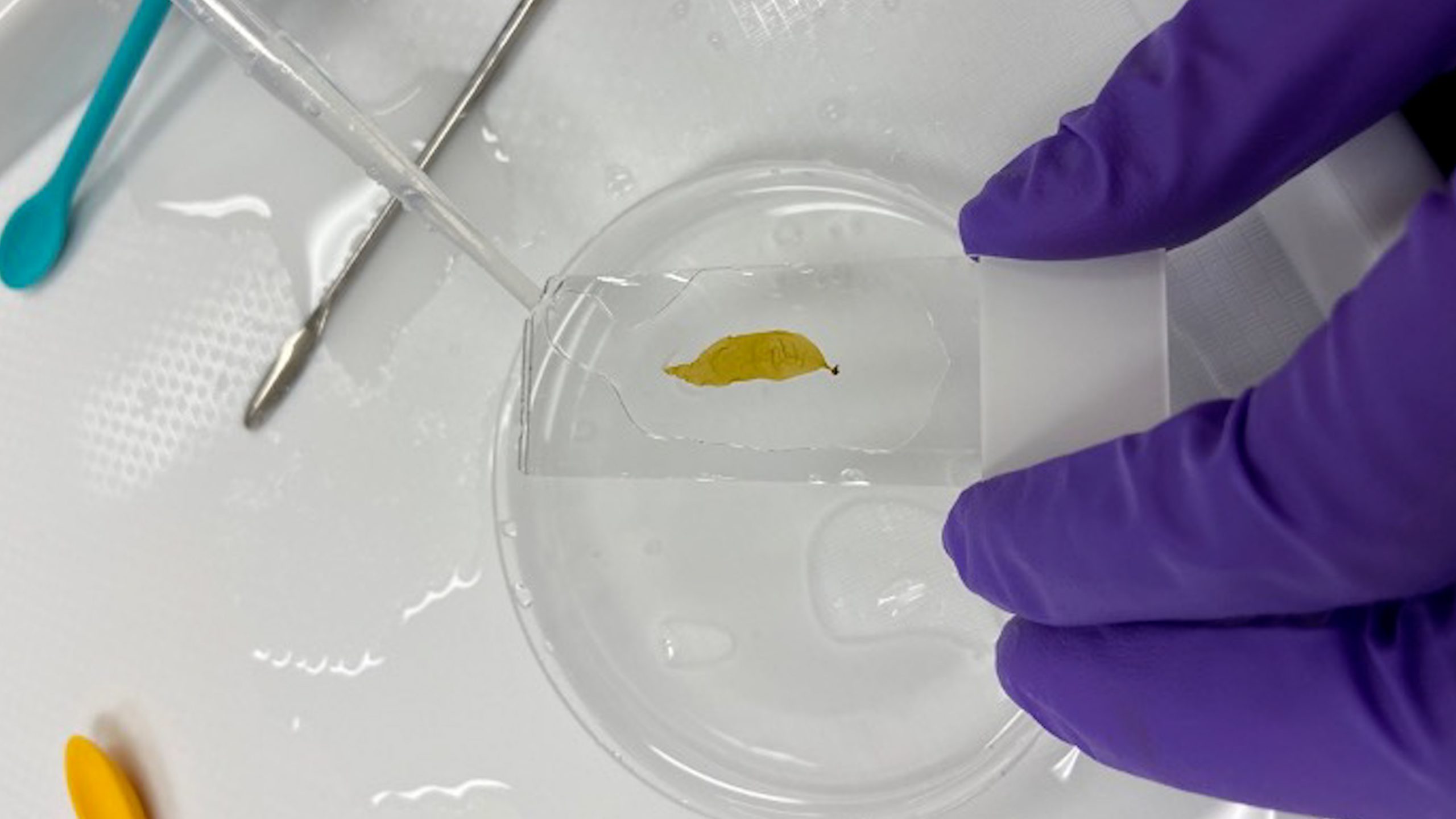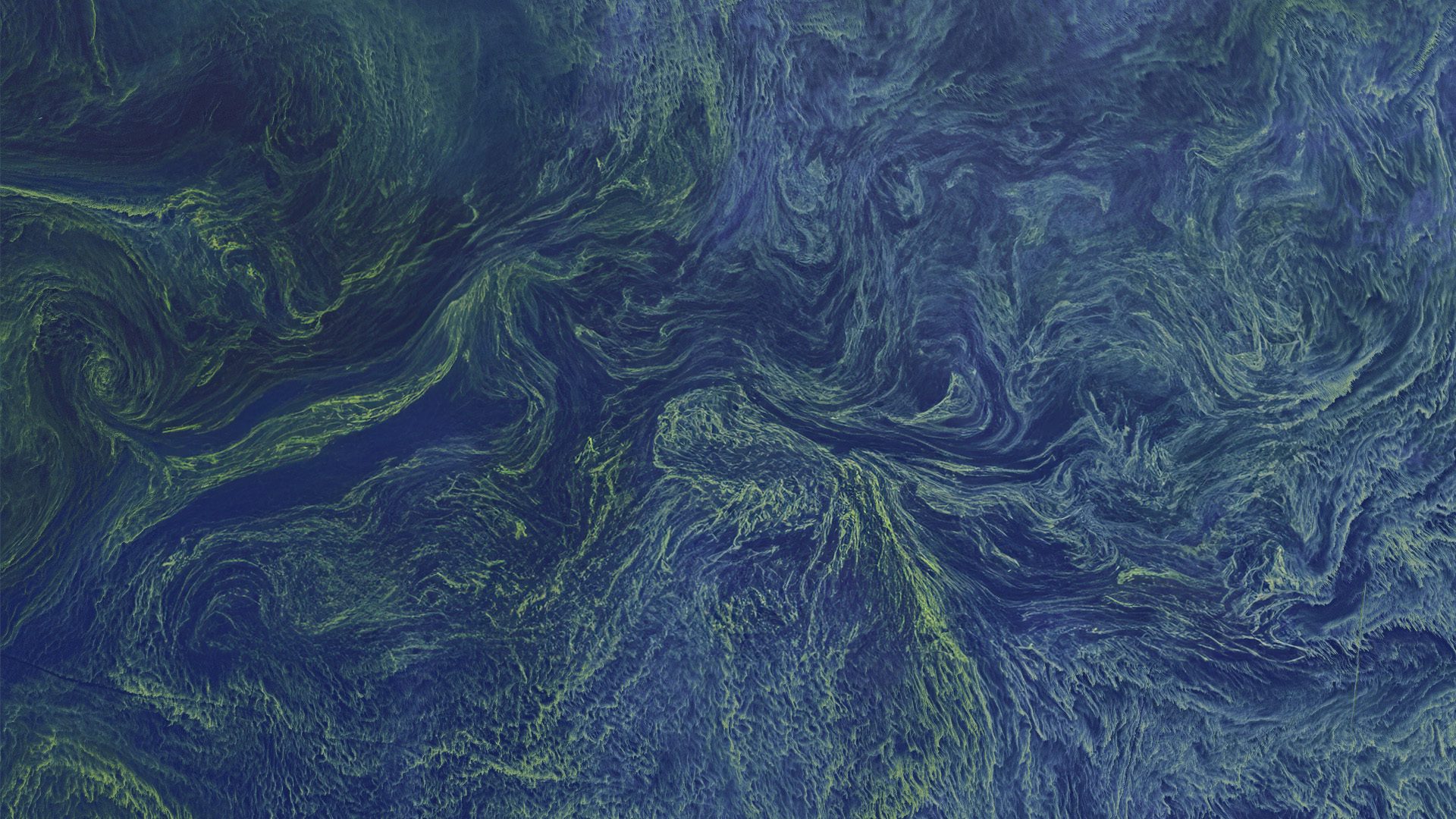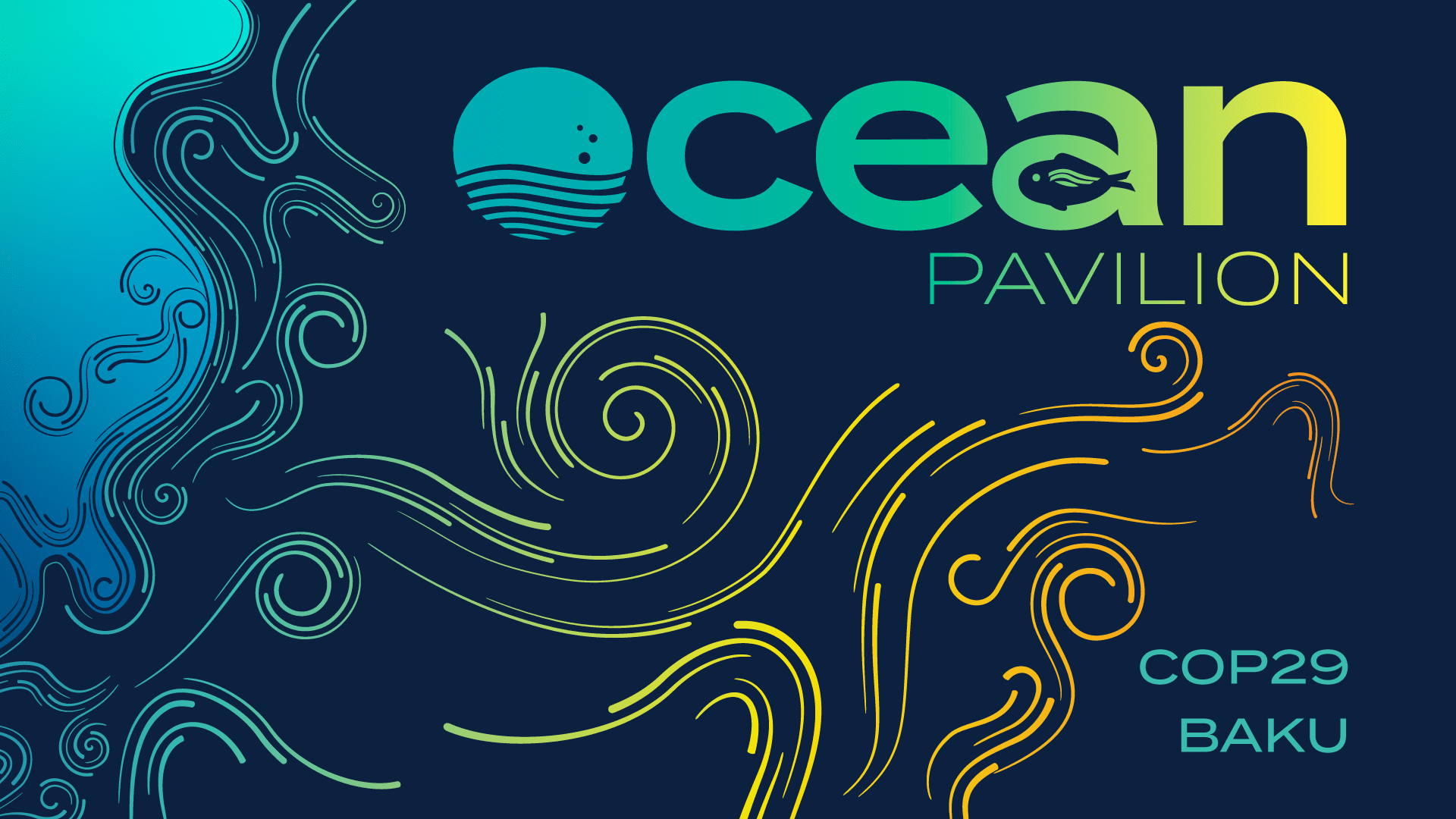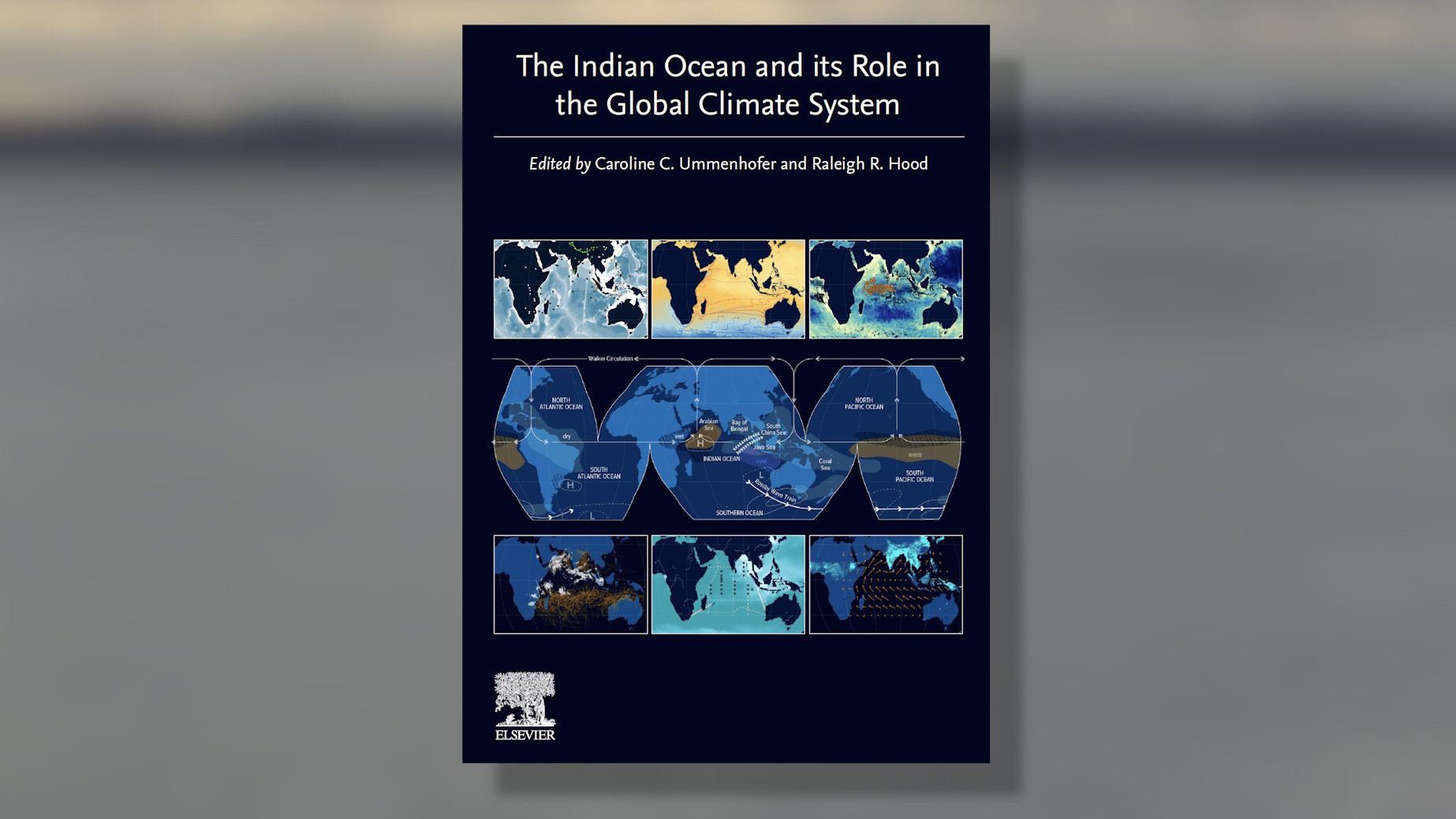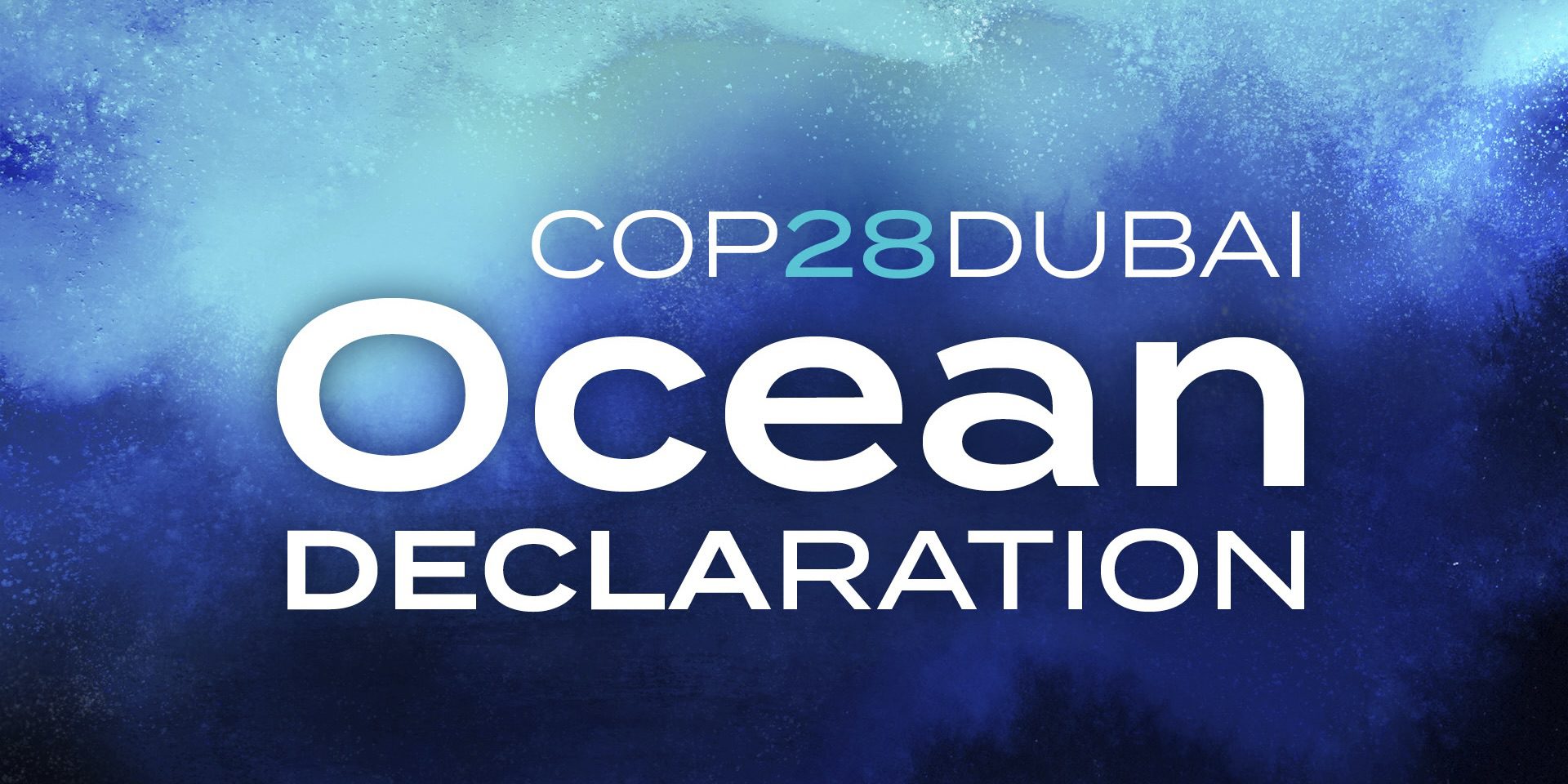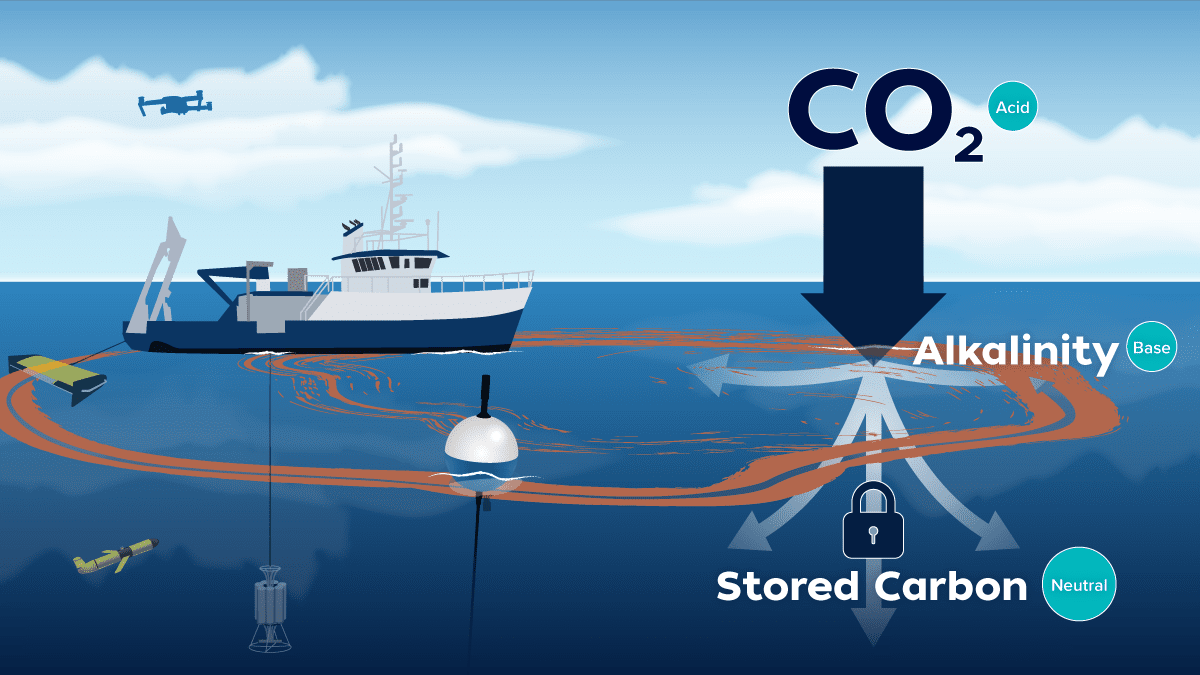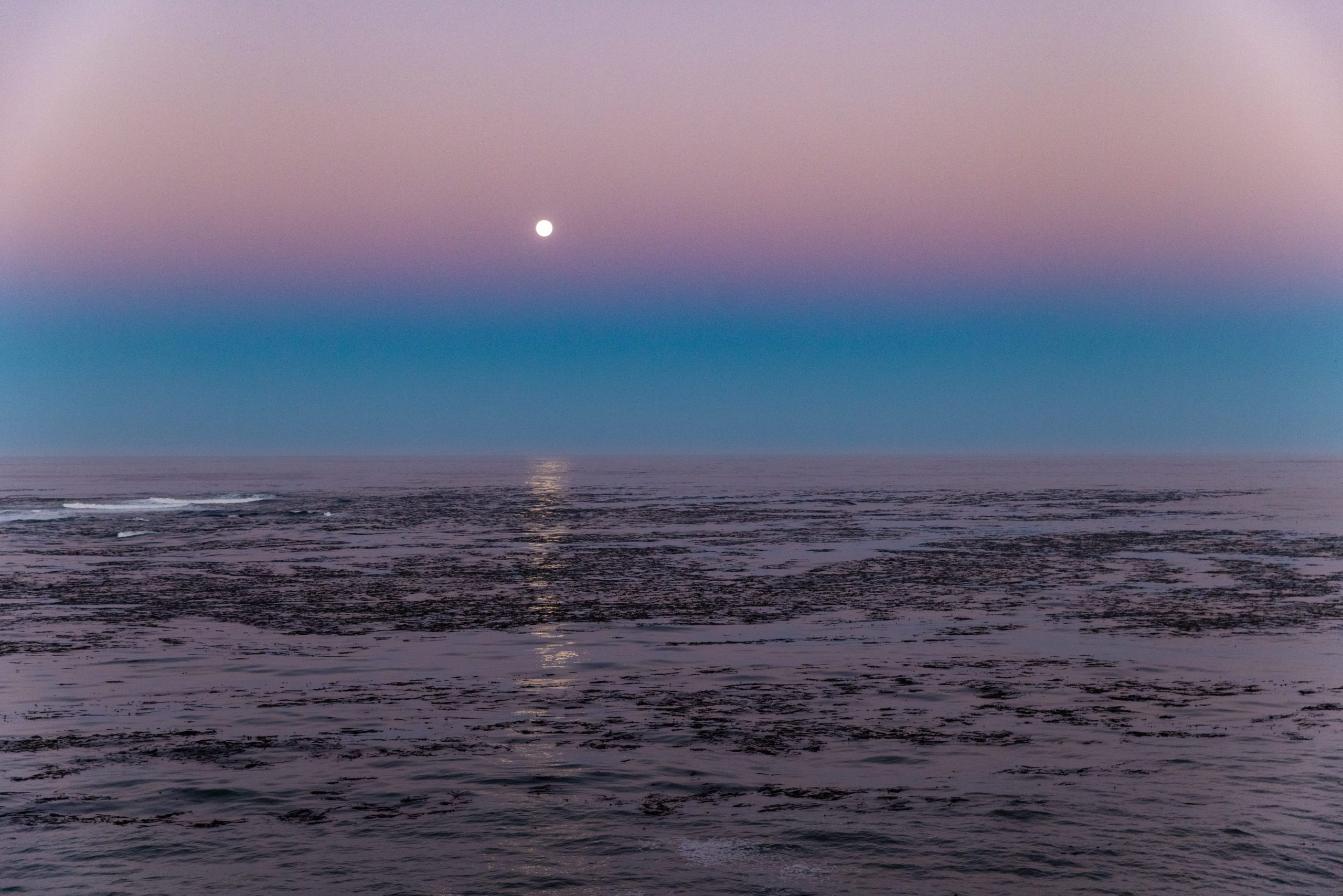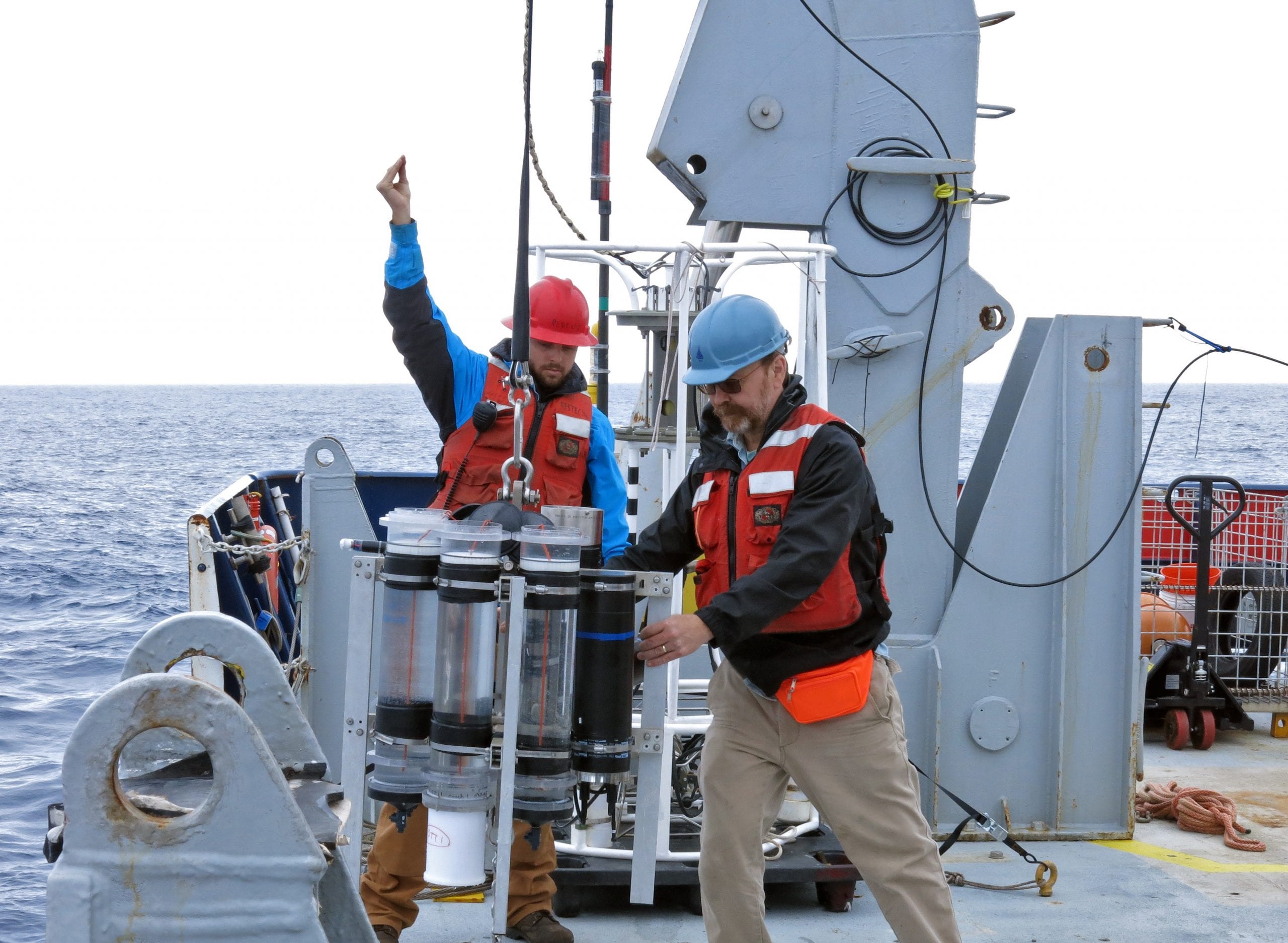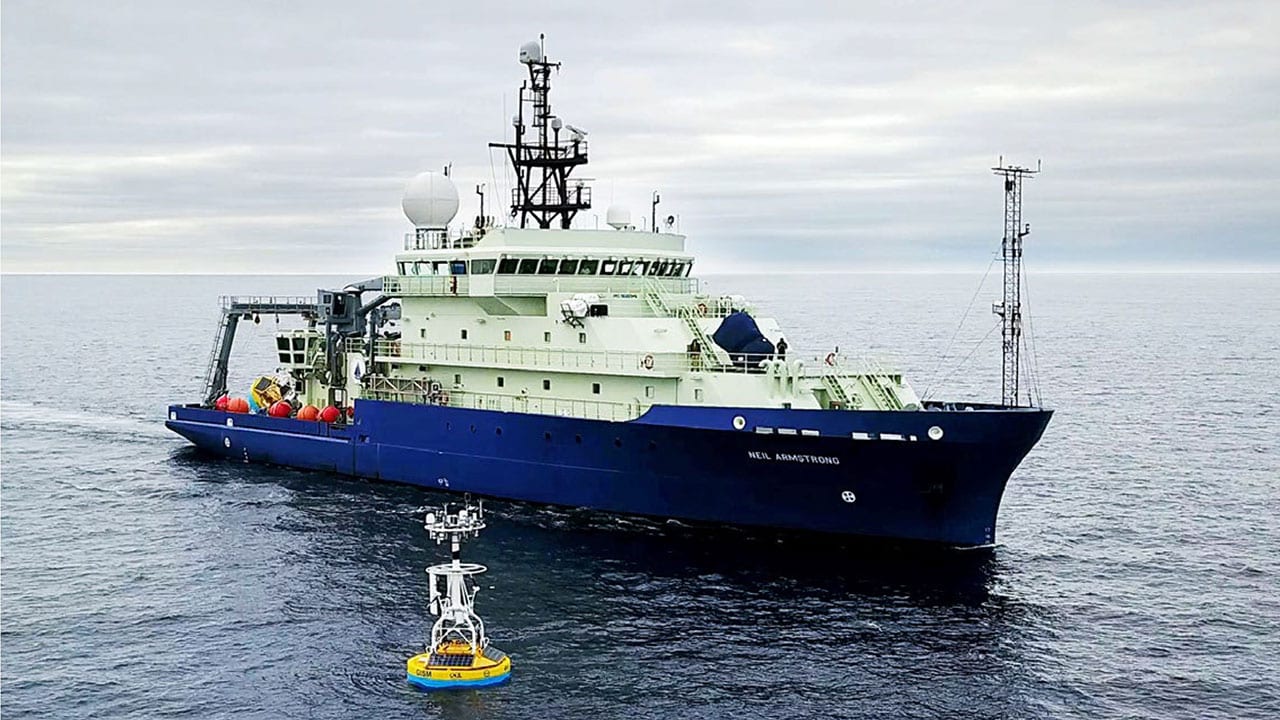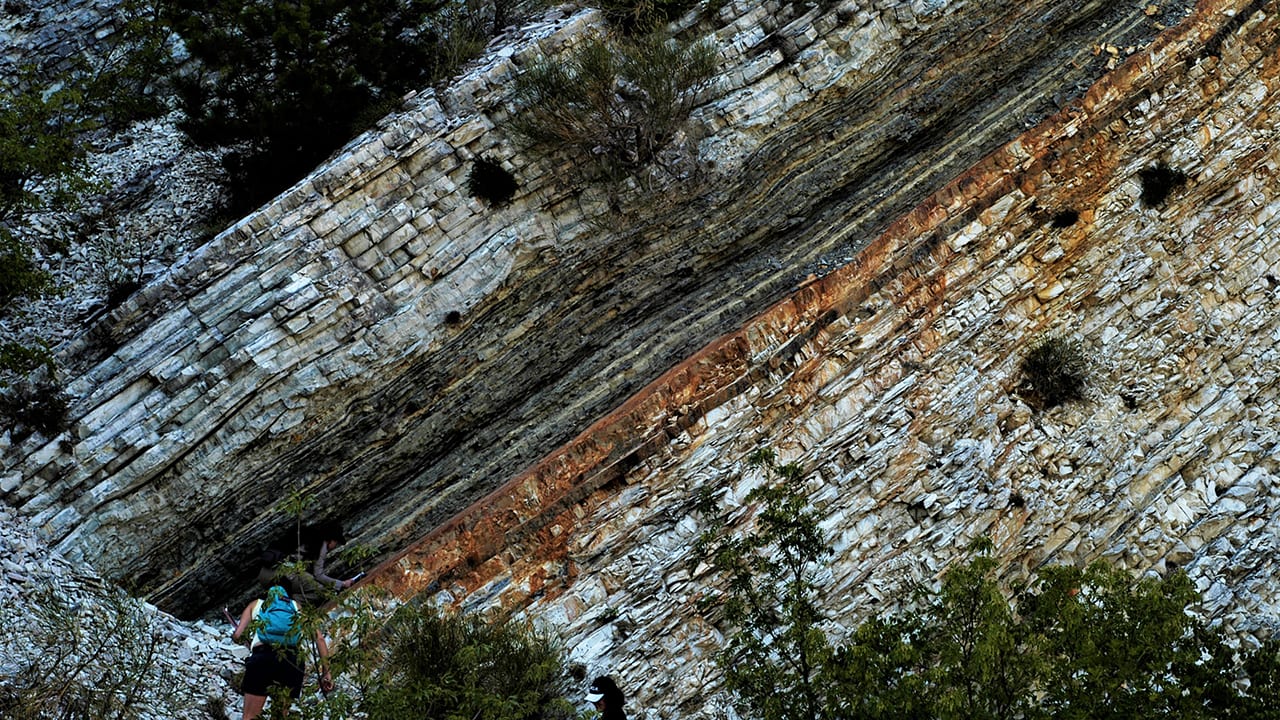News Releases
Ocean acidification causing coral ‘osteoporosis’ on iconic reefs
Scientists have long suspected that ocean acidification is affecting corals’ ability to build their skeletons, but it has been challenging to isolate its effect from that of simultaneous warming ocean…
Read MoreOcean Acidification May Reduce Sea Scallop Fisheries
Each year, fishermen harvest more than $500 million worth of Atlantic sea scallops from the waters off the east coast of the United States. A new model created by scientists…
Read MoreScientists Pinpoint How Ocean Acidification Weakens Coral Skeletons
The rising acidity of the oceans threatens coral reefs by making it harder for corals to build their skeletons. A new study identifies the details of how ocean acidification affects coral skeletons, allowing scientists to predict more precisely where corals will be more vulnerable.
Read MoreNew Study Reveals How Sensitive U.S. East Coast Regions May Be to Ocean Acidification
A continental-scale chemical survey in the waters of the eastern U.S. and Gulf of Mexico is helping researchers determine how distinct bodies of water will resist changes in acidity. The…
Read MoreResearchers Highlight Growing Problem of Ocean Acidification
An international group of scientists, including researchers from the Woods Hole Oceanographic Institution, are working to improve communication about ocean acidification to help the public better understand the pressing global…
Read MoreWHOI to Host Public Event on Ocean Acidification
The Woods Hole Oceanographic Institution (WHOI) will host a public forum on ocean acidification and its effects on ocean life. Ocean acidification is a global problem that results from the…
Read MoreStudy Assesses Nations’ Vulnerabilities to Reduced Mollusk Harvests from Ocean Acidification
Changes in ocean chemistry due to increased carbon dioxide (CO2) emissions are expected to damage shellfish populations around the world, but some nations will feel the impacts much sooner and more intensely than others, according to a study by scientists at Woods Hole Oceanographic Institution (WHOI).
Read MoreListen Up: Ocean Acidification Poses Little Threat to Whales? Hearing
Contrary to some previous, highly publicized, reports, ocean acidification is not likely to worsen the hearing of whales and other animals, according to a Woods Hole Oceanographic Institution (WHOI)…
Read MoreInternational Group of Scientists Collaborate to Communicate about Ocean Acidification
Climate change is a well-known problem resulting from the burning of fossil fuels and the subsequent release of carbon dioxide (CO2) into the atmosphere. But a separate, lesser-known problem resulting…
Read MoreThe Ocean Pavilion returns to international climate conference
Leading science institutions and partners highlight ocean–forest interconnection and the ocean’s role in global climate solutions at COP30
Read MoreScientists from the Woods Hole Oceanographic Institution identify heat-resistant kelp strain
A new strain of kelp can help support sustainable farming
Read MoreOcean leaders renew focus on the sea ahead of UN summit
WHOI and partners pen Baku Declaration, emphasizing the need for ocean observatories to meet climate and biodiversity goals at COP29
Read MoreThe Ocean Pavilion Returns to International Climate Conference for a Third Year
Leading science institutions and partners will make the case for greater inclusion of the ocean at COP29
Read MoreWHOI Physical Oceanographer publishes peer-reviewed book about the Indian Ocean
The Indian Ocean and Its Role in the Global Climate System takes a deep dive into warming trends and extreme weather events
Read MoreOcean Pavilion Partners Unveil COP28 Dubai Ocean Declaration
Declaration recognizes the critical role of the ocean in regulating climate change, calls for increased ocean observations
Read MoreOcean Alkalinity Enhancement Project Looks at Pulling Carbon Dioxide from the Atmosphere
Woods Hole Oceanographic Institution project is part of the broader carbon to sea initiative
Read MoreWoods Hole Oceanographic Institution and collaborators launch world’s largest kelp map
To further investigate and track kelp growth and survival over time, Woods Hole Oceanographic Institution, The Nature Conservancy, University of California Los Angeles, and the University of California Santa Barbara have launched the world’s largest map of kelp forest canopies extending from Baja California, Mexico to the Oregon-Washington border.
Read MoreThe $500 billion question: what’s the value of studying the ocean’s biological carbon pump?
A new study puts an economic value on the benefit of research to improve knowledge of the biological carbon pump and reduce the uncertainty of ocean carbon sequestration estimates.
Read MoreNSF Awards Contract to Group Led by WHOI to Continue Operation of Ocean Observatories Initiative
The National Science Foundation (NSF) announced that it has awarded a coalition of academic and oceanographic research organizations a five-year, $220 million contract to operate and maintain the Ocean Observatories…
Read MoreNew Technique Offers Clues to Measure Ocean Deoxygenation
The living, breathing ocean may be slowly starting to suffocate. More than two percent of the ocean – s oxygen content has been depleted during the last half century, according to reports, and marine – dead zones – continue to expand throughout the global ocean. This deoxygenation, triggered mainly by more fertilizers and wastewater flowing into the ocean, pose a serious threat to marine life and ecosystems.
Read MoreClimate Change Will Irreversibly Force Key Ocean Bacteria into Overdrive
A new study from University of Southern California and Woods Hole Oceanographic Institution (WHOI) shows that changing conditions due to climate change could send Tricho into overdrive with no way to stop – reproducing faster and generating lots more nitrogen. Without the ability to slow down, however, Tricho has the potential to gobble up all its available resources, which could trigger die-offs of the microorganism and the higher organisms that depend on it.
Read MoreShifting Winds, Ocean Currents Doubled Endangered Galapagos Penguin Population
New research suggests shifts in wind currents over the past three decades, possibly due to climate change and natural variability, have nudged the Equatorial Undercurrent north. The changing current expanded the nutrient-rich, cold water farther north along the coasts of the two islands, likely bolstering algae and fish numbers in the cold pool. This allowed the penguin population to double over the past 30 years, swelling to more than 1,000 birds by 2014, according to the new study.
Read MoreCoral Reefs Threatened by a Deadly Combination of Changing Ocean Conditions
As the ocean ‘s pH decreases and acidifies, coral reefs are more likely to begin dissolving and “drown”. A new study shows exposing corals to added nutrients increases their erosion and dissolution rate tenfold.
Read MoreAcidifying oceans could spell trouble for squid
Acidifying oceans could dramatically impact the world’s squid species, according to a new study led by Woods Hole Oceanographic Institution (WHOI) researchers and just published online in the journal PLOS…
Read More
